Expressive Language Disorder or English as a Second Language
“I have problems expressing my thoughts: Ever since the day I was born, I’ve always had problems expressing my thoughts and getting out what I wanted to say,” says the writer on psychologist Kristina Randle, Ph.D., LCSW, blog on PsychCentral.
Vocabulary Development: Teachable Moments
I am holding up a bright yellow jacket at the LL Bean outlet in New Hampshire. “Hey look this is really bright it will be great for biking,” I say to my daughter. “No, it’s dull she says!”
Unidentified: Twice Exceptional Children of Color
“I’m dumb!” “I can’t learn!” Often underserved in public schools, twice exceptional children of color, especially children of color who are of African or Hispanic descent spend their entire academic career unidentified and underperforming.
Learning disabilities: I can learn….
Parents fear that their child’s language based learning disability will limit opportunities, but with additional supports like speech/language therapy this is not true.
Dyslexia: Should you tell them?
In the documentary called “Embracing Dyslexia,” a father asked the principal of his child’s school if he should tell his child that the child has dyslexia. The principal says, “No!”
Asperger Syndrome: Nonfiction vs Fiction
Do people with Asperger Syndrome prefer fiction or non-fiction? It has been suggested that people with Asperger prefer nonfiction because it provides fact-based information related to their special interest. However, I have known people with Asperger syndrome who enjoyed fiction. The lack of interest in reading fiction usually begins in childhood when children begin […]
Whole language vs. phonetic based reading
Why are we trying to decide whether whole language or phonetic based reading instruction is the right kind of reading instruction. Kids should have both. The difference between the two forms of training is that whole language instruction means that reading instruction is done within the context of whole- language. Phonetic-based instruction, like Orton-Gillingham is reading […]
A plan to written success
Students with language-based disabilities often struggle with the acquisition of written language skills.
Following directions: Where do I go?
I recently completed jury duty, and it was interesting watching people follow directions, or maybe I should say not follow directions. Jury duty begins when you arrive at the court house and are assigned a number. At 8:30am a court officer greets the awaiting jurors and shows a video. On my day of service after […]
Reading words or learning to read? Part III
It is a fact that students with language-based learning disability require more intense structured instruction over a longer period of time in order to acquire many aspects of language.

